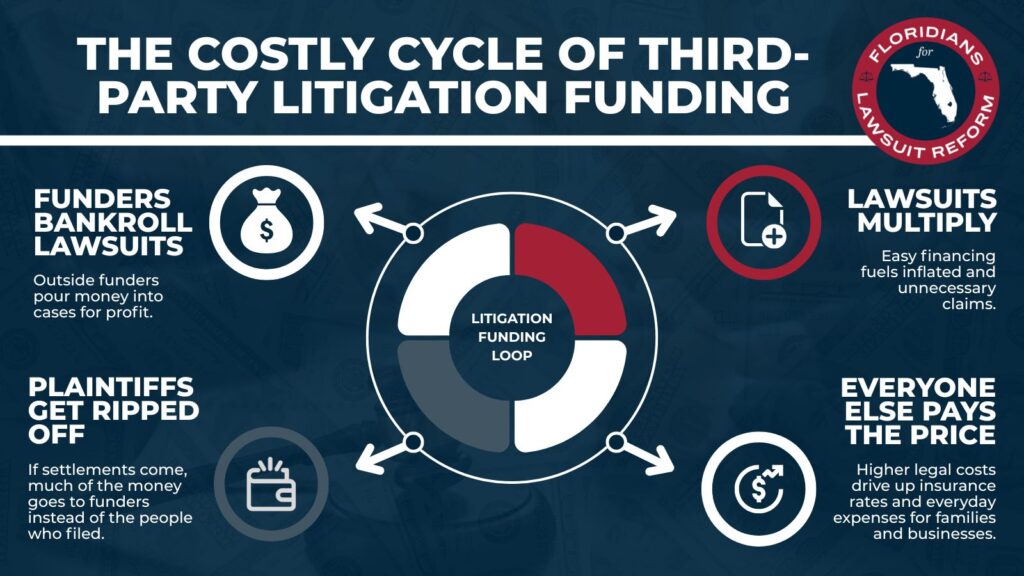
NEW YORK, Aug 29 (Reuters Breakingviews) – The legal guild is colliding with market forces. Burford Capital (BURF.L), long a financier of individual lawsuits, is looking to buy ownership stakes in U.S. law firms, the Financial Times reported. It could crack open the $375 billion market to private equity, forcing a usually clubby, insular profession to function more like Wall Street than the bar.
U.S. tort litigation costs and compensation paid grew more than 7% annually from 2016 to reach $529 billion in 2022, according to the U.S. Chamber of Commerce. That’s a big prize, one that could be tapped more systematically, both for Burford and for legal practices. Sure, artificial intelligence may speed up case preparations, but it isn’t cheap. This runaway growth in expenses strains the traditional partnership model, under which profits are typically distributed to senior lawyers annually, leaving little room for reinvestment.
Burford can offer steadier funding, and in return gain a slice of profit and better visibility into future cases. Teaming up with premier attorneys, though, would be a hefty undertaking. Top U.S. firms surpass $2 billion of revenue and 40% net profit margins, according to consultancy PwC and The American Lawyer. The figures imply $800 million in annual earnings. On a conservative 10-times multiple, a 10% slice would be worth $800 million, more than a quarter of Burford’s $3 billion market value.
CEO Christopher Bogart could aim lower down the league table, where he might find more willing counterparties. Senior partners’ preference for payouts over reinvestment can leave maturing practices in an uncertain position. Just look at the recent wave of consolidation: through June this year, the U.S. logged nearly three-dozen law firm mergers, up 21% over 2024, according to consultancy Fairfax Associates.
Meanwhile, the number of active U.S. lawyers has flatlined since 2019, American Bar Association data shows. About one in seven American lawyers is 65 years or older. Junior wages outside the top tier have been flat since 2023, leaving younger lawyers more open to other career tracks like in-house corporate counsel.
All of this may weaken cultural resistance to change. In the U.S., most jurisdictions still prohibit non-lawyer ownership, and many partners argue that professional independence depends on it. Yet the UK and Australia show how quickly that barrier can fall once rules shift.
The risk is that independent investors create conflicts of interest, for example if they back a rival party to a lawsuit or steer litigation toward riskier disputes promising higher payouts. After going public in 2019, London-listed DWF Group expanded more quickly than traditional peers. Four years later, private equity scooped it up at an 18% discount to its debut price. Nonetheless, lawyers have long remained aloof from the trend of corporatization. Burford’s move suggests this attitude is losing its appeal.
Follow Sebastian Pellejero on LinkedIn.
Context News
- Litigation financier Burford Capital is looking to purchase stakes in U.S. law firms, the Financial Times reported. Founder Jonathan Molot said the firm was in talks with several American law firms about buying minority positions in them.
Editing by Jonathan Guilford; Production by Maya Nandhini
Our Standards: The Thomson Reuters Trust Principles.
Opinions expressed are those of the author. They do not reflect the views of Reuters News, which, under the Trust Principles, is committed to integrity, independence, and freedom from bias.
Sebastian Pellejero is a U.S. columnist for Reuters Breakingviews, based in New York. He writes about topics across business, investing, markets and technology. Prior to joining in March 2025, he worked as an equity research analyst at BlackRock and a markets reporter for The Wall Street Journal, along with stints at Bloomberg and Debtwire. He is a graduate of Wake Forest University and speaks Spanish.
